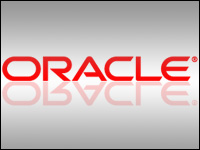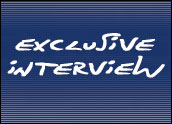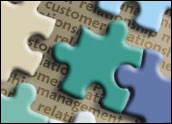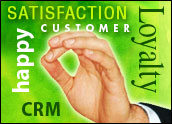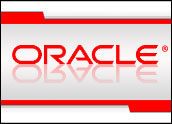
Prior to Oracle’s announcement of its PeopleSoft integration road map, there were rumors that it would shed J.D. Edwards & Co., a business purchased by PeopleSoft in 2003.
The unit, considered a poor fit for Oracle because its software products focus on IBM technology, became a hot topic of conversation for industry watchers no longer able to dish about Oracle’s chances of bringing the PeopleSoft management to its knees.
But Oracle chief executive Larry Ellison included Edwards products in his vision of product integration, improvement and application development through 2008.
Penny Pinching
That was surprising, considering that Ellison himself had condemned PeopleSoft’s purchase of J.D. Edwards a couple of years ago. In the projected timeline of new releases, Oracle calls for the introduction of J.D. Edwards EnterpriseOne 8.12 in 2006 and ongoing J.D. Edwards World enhancements to be delivered continuously.
Ellison’s change of heart may have been inspired by the fierce takeover fight, during which Oracle was hit by losses in licensing income. In PeopleSoft it acquired a company rich in such regular income. J.D. Edwards represents a significant portion of that revenue pie, and at least one industry watcher said Oracle won’t risk any income in the short term.
“I’ve explored this issue with them, and there’s absolutely no way they’re going to sell now. It’s a non-issue. They may change their minds somewhere down the line, but for now, they’re committed to supporting any platform,” said Paul Hamerman, vice president at Forrester Research.
“Oracle is committed to these product lines and continuing to support them and enhance them. It’ll come out with new products and continue to support them,” Hamerman said. “They want to retain these customers. The reason is, these customers are paying maintenance, and maintenance is a profitable business.”
Long-Term Uncertainties
Retention of the J.D. Edwards unit and its customers does not necessarily mean growth of that database, at least not with software based on IBM technology, Hamerman said. Instead, Oracle will focus on collecting licensing revenues from EnterpriseOne’s existing users.
A few years from now, the parent may choose to sell off J.D. Edwards, convert the software offerings to ride on Oracle technology or contract with an external firm to support the EnterpriseOne licenses.
“Oracle is planning to come out with a version of the Oracle database to potentially migrate J.D. Edwards customers running on IBM platforms,” Hamerman said. “It’s also possible that by the time they come out with the next-generation [EnterpriseOne] product, they may want to look for a third party to handle maintenance.”
Jury Still Out
“There are still a lot of unknowns regarding Oracle’s plans for J.D. Edwards,” said Mike Trigg, an analyst at Morningstar Inc. in Chicago.
“There are technology challenges, given that a large number of Edwards customers run a combination of IBM hardware and software. However, this challenge faced PeopleSoft as well, and it never stopped them from buying Edwards. My take is that Oracle will support all of these customers until its builds a unified product suite in a few years.”
Although Oracle has promised to enhance Oracle, PeopleSoft and J.D. Edwards products, Trigg told CRM Buyer that when it comes to attention from Oracle, “it wouldn’t surprise me if the Edwards customers got stuck in the back of the line.”
In the long run, he said, “The key for Oracle is getting [these] customers to eventually convert to the Oracle products.”

